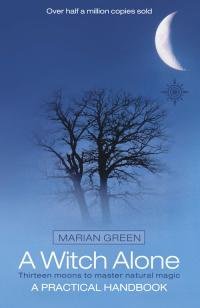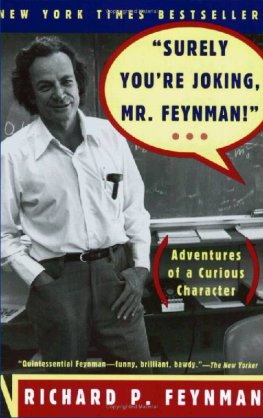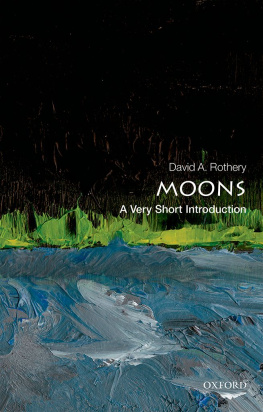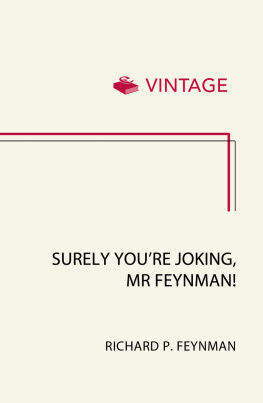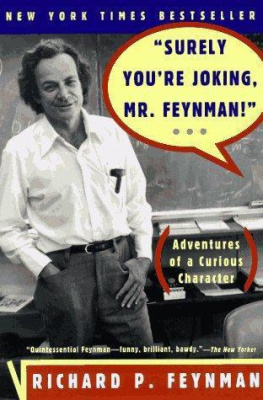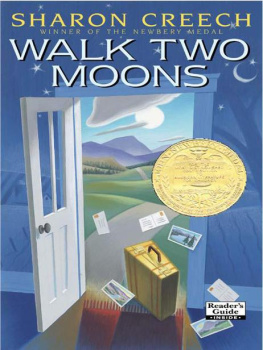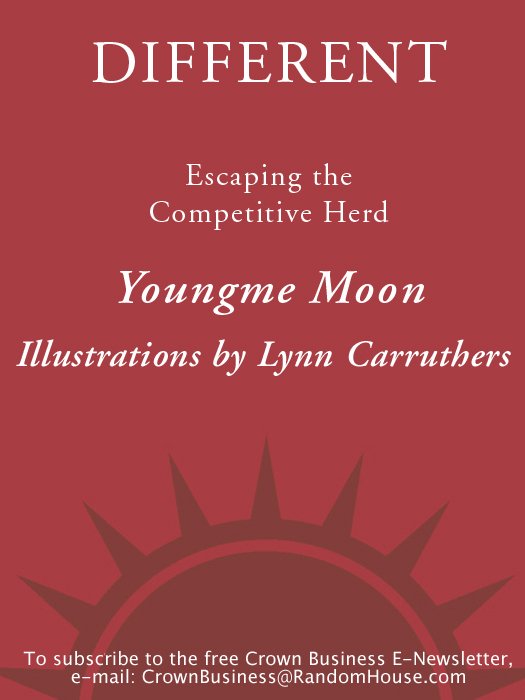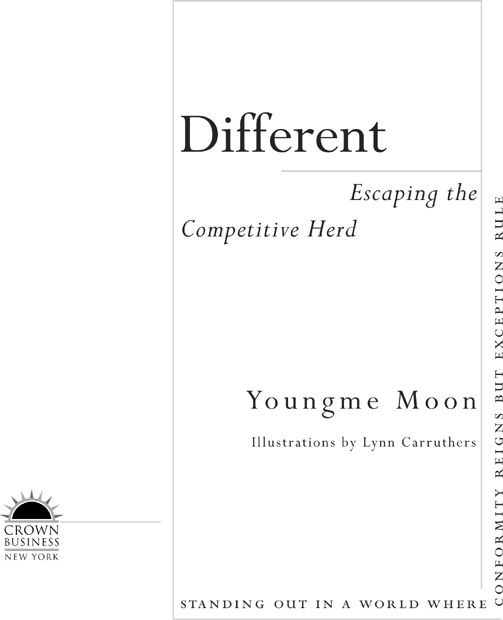introduction
when my eldest son was in second grade, he started bringing home poems to memorize. Each week, a new poem. So each night, we would memorize a verse, repeating the words over and over again until they were securely mimeographed into the folds of his supple little brain.
At first, I did this without question or complaint. But as the days passed, I found myself reconsidering the purpose of these mental calisthenics. You see, for the past ten years I have been an educator myself, a professor of marketing at the Harvard Business School, where every semester my colleagues and I require our students to master a very particular language. We expose them to the grammar of businessessentially a set of frameworks and best practicesand we make them rehearse this grammar over and over again, in case study after case study.
But what I have learned from this experience is that while a commitment to rehearsal will almost always produce competence, it will almost always produce a kind of automaticity, too. There is a reason why so many educators rail against rote learning, and it is that they know it can have the self-defeating effect of promoting a kind of mindlessness. Once we over-learn something, we cease to know it anymore at all. This is what I see happening in the world of business today. In industry after industry, business professionals have become so practiced in a particular way of doing things that they appear to have forgotten the point of it allwhich is to create meaningful and compelling product offerings for people like you and me. This is not to say that these folks lack the requisite business skills; rather, it is to say that they have become almost too proficient, in the same way that a well-oiled production system can be scarily proficient at churning out one perfectly identical clone after another.
I may be a business academic, but I am also a citizen, a wife, and a mother, and my guess is that I probably experience the world in much the same way that you experience it. Which means that when I leave my house to purchase something as prosaic as a bottle of shampoo or a carton of juice or a pair of sneakers, what happens to me is probably very similar to what happens to you: I am confronted with a dizzying array of options from which to choose. In every aisle, in every store, what used to be, just a generation ago, a relatively modest selection of, say, four or five, has somehow turned into an indistinguishable selection of eleventy thousand. Meanwhile, there is a redundancy in the way these products are advertised to me as well. To be fluent in the language of product marketing is apparently to have polished the language of hyperbole, and so I am assured, again and again, that each one of these products is NEW AND IMPROVED. Everything is BIG BETTER BEST .
And yet here is the thing. We have all lived through quite a lot in the past few years. This most recent recession, in particular, hit us all pretty hard, and although each one of us had little choice but to weather through in our own private way, I cant help but believe that the storm refocused us all in some collective way, too. I remember right after the first wave of the recession hitthe housing market had just imploded and the credit markets had frozen upfeeling almost grateful that I didnt live in one of the more sumptuous estates in our town, one of those homes that I used to so admire. I also remember reading stories in the newspaper about how people, even those who were financially secure, had begun rethinking their most basic consumption patterns. It was as if our notions of aspiration and acquisition had shifted, overnight. Excess was out, replaced by a more thoughtful consideration of the stuff with which we filled our homes, our closets, our lives. The age of abundance is over, I remember thinking, not because things are no longer abundant, but because abundance has lost its status as our reigning aspiration.
I have always believed that there is a part of business that is an art, and if I had to describe the particular complexion of this art, I would describe it as the art of calibration. In my mind, this is where the marketer must step in: The marketer needs to be able to ascertain the dimensions of our desirepaying heed to the things that we want, yes, but paying equal heed to the things that we do not. It may be true that our desire has no limit, but it certainly has a shape. Yet what is missing from business today is a sensitivity to the contours of our aspiration. As a culture, we have moved well past the point where we are impressed by the traditional markers of affluencethe profusion of look-alike choices, the embarrassing display of whistles and bells. Nevertheless, to this day one need only to walk into a store to experience the degree to which business doesnt seem to get this.
A decade ago, product marketing could afford to be as over-the-top as rock and roll. Hyperbole came with the territory; a lack of originality was no big deal. To get the crowds attention, all you needed was to memorize a couple of predictable chord progressions, nail a catchy chorus, and then hit the stage with confidence, energy, and enthusiasm. The trick was to be loud, excessive, bold. A few smoke and mirrors didnt hurt, either. Today, that kind of marketing is likely to appear as vacuous as a 1980s heavy metal band. Today, the business maestros more likely to garner a listening audience are the ones who understand that, in this era of more thoughtful consumption, louder is seldom better, and more-of-the-same almost never adds up to the best.
I wrote this book because I believe that what most of us are looking for today is a sound more resonant. A sound more meaningful. A vibration that we are able to experience, in our bones, as being somehow different. And so that is what this book is about: It is an exploration of what it means for a business to commit to giving us this. It is an exploration of what it means for a business to decide to be different.
I do this by venturing into the world of sameness, in search of difference. I seek to identify the outliers, the anomalies, the iconoclaststhe players who have rejected well-rehearsed business routines in favor of an approach more adventurous. These are the players with a feel for improvisation, for experimentation, the players who have somehow managed to build brands and create products that are striking a genuine chord with even the most jaded among us.
Along the way, I make the argument that it is time for business professionalsmarketers, in particularto begin letting go of some of the things that they have come to regard as best practice. This is no easy challenge; as I tell my students: Learning is easy; forgetting is hard. Yet this is precisely what I believe is necessary if business is to build a new culture of consumer engagement, one that creates, at the very least, the possibility that we will begin listening again.
Incidentally, this past year, it was my younger sons turn to start second grade. As expected, it wasnt long before helike his brother before himbegan bringing home poems to memorize. Each week, a new poem. And so each night, I found myself dutifully feeding him his lines, over and over again, my dj vu complete.


